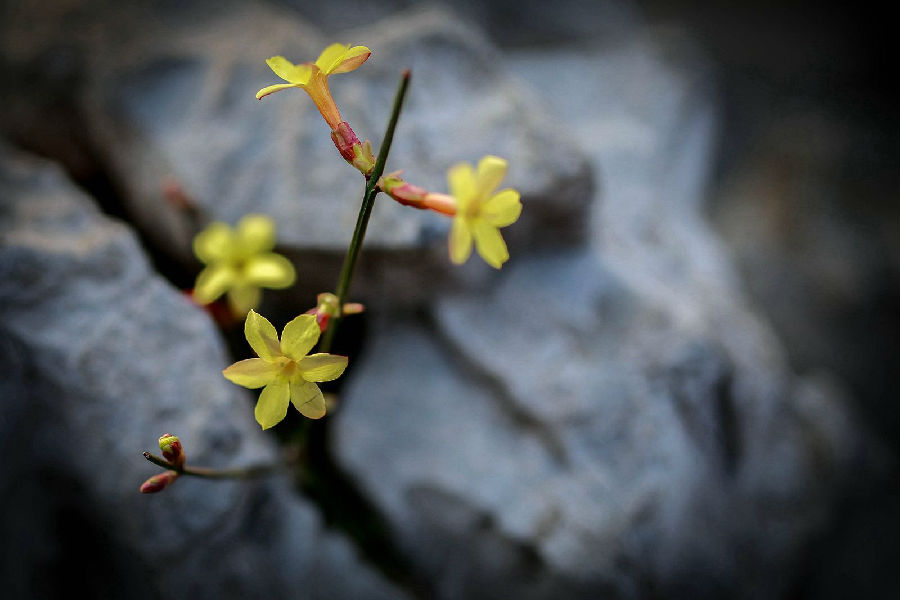De Duve thought it likely that such conditions would be encountered perhaps a million times in every galaxy.
德迪夫认为,很有可能,这样的条件在每个星系里大约会遇到100万次。
Certainly there is nothing terribly exotic in the chemicals that animate us. If you wished to create another living object, whether a goldfish or a head of lettuce or a human being, you would need really only four principal elements, carbon, hydrogen, oxygen, and nitrogen, plus small amounts of a few others, principally sulfur, phosphorus, calcium, and iron. Put these together in three dozen or so combinations to form some sugars, acids, and other basic compounds and you can build anything that lives. As Dawkins notes: "There is nothing special about the substances from which living things are made. Living things are collections of molecules, like everything else."
当然,在赋予我们生命的化学物质里,没有什么非常奇特的东西。要是你想要制造另一个有生命的物体,无论是一条金鱼,一棵莴苣,还是一个人,你其实只需要4种元素:碳、氢、氧和氮,加上少量几种别的东西,主要是硫、磷、钙和铁。把30多种这类混合物放在一起,形成糖、酸和其他的基本化合物,你就可以制造任何有生命的东西。正如道金斯所说:“关于制造有生命的东西的物质,也没有什么特别的地方。有生命的东西就是分子的组合,与其他一切东西没有两样。”

The bottom line is that life is amazing and gratifying, perhaps even miraculous, but hardly impossible—as we repeatedly attest with our own modest existences. To be sure, many of the details of life's beginnings remain pretty imponderable. Every scenario you have ever read concerning the conditions necessary for life involves water—from the "warm little pond" where Darwin supposed life began to the bubbling sea vents that are now the most popular candidates for life's beginnings—but all this overlooks the fact that to turn monomers into polymers (which is to say, to begin to create proteins) involves what is known to biology as "dehydration linkages."
归根结底,生命是不可思议的,令人满意的,甚至可能是奇迹般的,但并不是完全不可能的——我们已经反复以我们自己的相朴素存在证明了这一点。没有错儿,在关生命起源的许多细节现在依然难以解释。你在书上读到过的有关生命所心需的条件,每种情况都包括了水——从达尔文认为的生命始发地“小水塘,”到现在是普遍认为的生命始发地冒着包泡的海洋喷气口。但他们都忽视了一个事实:把单体变成聚合体包含一种反应,即生物学上所谓的“脱水缩合”(换句话说,开始创造蛋白质)。













